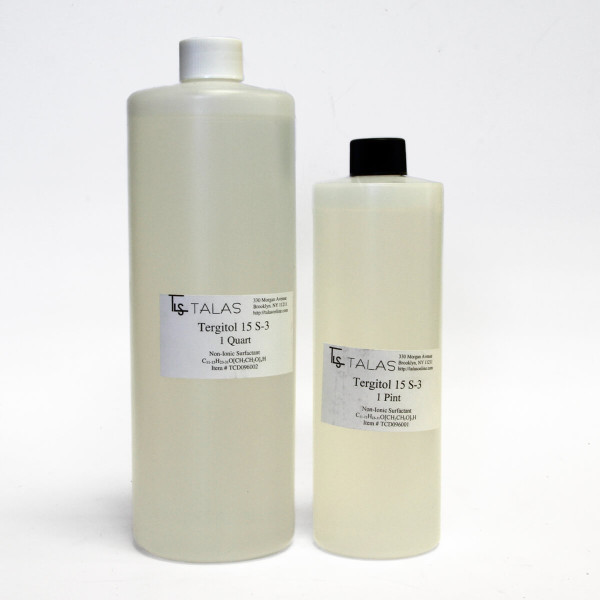debianlinux
Well-Known Member
Pretty sure the discussion at AK takes twice as long to read.
Found this from RMAF on record cleaning, thought this thread might be into 70 minutes of record cleaning panel discussion.
DISCLAIMER: I haven't watched the whole thing, so I don't know where they go or what they say.
They're hit or miss...............more miss though and they press a lot of albums (noise, warps), hang around long enough and you'll see it mentioned, lolI’m not hip to this but I’m assuming they are really good at pressing records or really bad
Lol I caught that too..............oddly enough, one of the comment that stuck in my head was "...........GZ makes their own PVC pellets"
But now you knowI feel like an idiot for using tergitol though it was literally the one thing they all agreed on was not to use it lol
I feel like an idiot for using tergitol though it was literally the one thing they all agreed on was not to use it lol

Like many things, sometimes it's more about human "error" than it is the solution or whatever.......not insinuating you did anything wrong @Dylanfan253, just that sometimes things aren't used as they should be............but, that being said, while I'm sure @jaycee system works great, I would, personally, go with another solution that might be safer. Again........not that anyone's way of doing things is wrong
I gotta agree with ya on the one panel member, it came across more like an info-mercial. I'm sure the science is there, just presented in his own way.Couldn't agree more.
I have a background in chemistry... I'm a scientist - not that you need to be, but the manual things I do work for me. I'll simplify to a machine at some point but I just don't want to invest in it yet and I like the manual nature of what I do.
Most people shouldn't bother with mixing their own solutions, but they should pay attention to what's in them and be able to google the safety data sheet for the chemicals involved. None of these things are something you want to bath in.
I'm curious about the cavitation method. I think it's worth doing from a science perspective, but I doubt the claims of the person on that panel are as scientifically sound as they were presented.
I gotta agree with ya on the one panel member, it came across more like an info-mercial. I'm sure the science is there, just presented in his own way.
I gotta agree with ya on the one panel member, it came across more like an info-mercial. I'm sure the science is there, just presented in his own way.
I thought this panel was the best unintentional comedy of the week! He's quite the hustler, any opening he turned into a sales spiel. And the reactions from Matt at VPI are pretty funny too. Not a scientist myself but Kirmuss does seems to veer really heavily into the pseudo-science realm for my liking, especially since he claims the rest of the manufactures are wrong. I can see why some of the others on the stage didn't like his combative approach.
That's the best way to describe it, "unintentional comedy". He was also way into name dropping: "when we worked with the library of congress...". Also his slides were terrible.I thought this panel was the best unintentional comedy of the week! He's quite the hustler, any opening he turned into a sales spiel. And the reactions from Matt at VPI are pretty funny too. Not a scientist myself but Kirmuss does seems to veer really heavily into the pseudo-science realm for my liking, especially since he claims the rest of the manufactures are wrong. I can see why some of the others on the stage didn't like his combative approach.